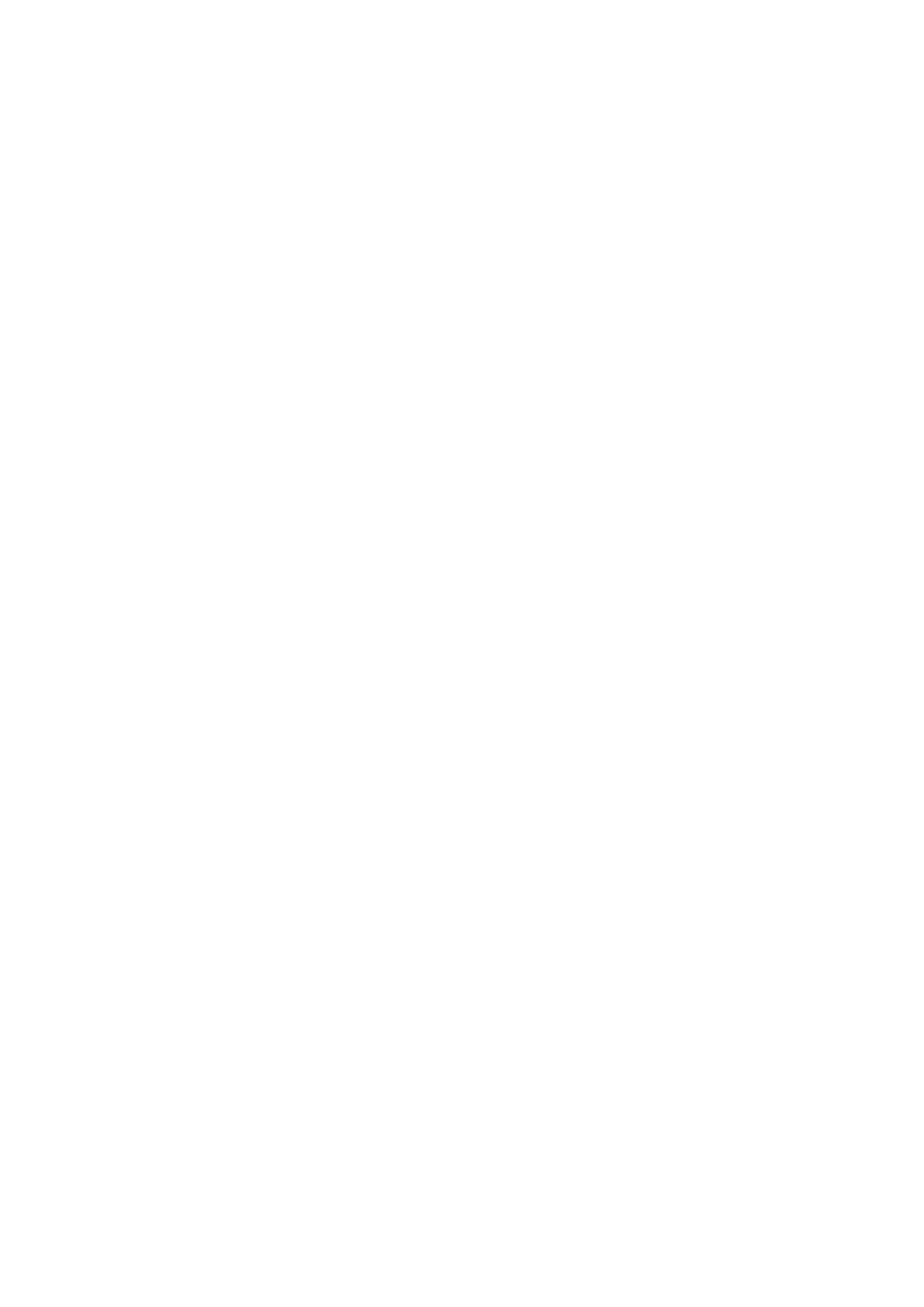
The Report
of the Iraq Inquiry
to the
“French equivalent of Aldermaston”; and that it was to his (Mr
Dalyell’s) discredit
that he
“like many others, turned a blind eye to the huge amount of arms
being poured
into Iraq
in the 1980s by our country and others”. He also stated that Iraq
had been
given a
“clean bill of health on nuclear capacity” by the International
Atomic Energy
Agency in
January 2002; and that Mr Hoon had “an invitation to send a
scientific
delegation
of his choosing to Iraq at the beginning of March”. Mr Dalyell
asked: “…
would it
not be wise at least to go and talk to Iraq? If nothing comes of
that, so be it,
but is
it not high time that we started serious discussions?”
644.
Mr Blair
replied that sending a team out to Iraq was “best done through the
United
Nations”
and that Saddam Hussein had “the opportunity to prove that he has
nothing
to hide by
letting the inspectors back in unconditionally”. There was “some
truth” in the
point that
everyone had turned a blind eye “to what was happening in Iraq in
the 1980s”
but “what
we are learning about the international community is that when we
turn a
blind eye,
sooner or later the problems come back to us full frontally. That
is precisely
what
happened in Afghanistan, and it is one reason why … we should
certainly not
turn a
blind eye to what Saddam Hussein is doing.” There was “no doubt”
that Saddam
Hussein was
“still trying to acquire nuclear capability and ballistic missile
capability.
Furthermore,
although we do not know what has happened, we suspect that the
piles of
chemical
and biological weapons remain.”
645.
Mr Stuart Bell
(Labour) referred to Saddam Hussein’s attacks using
chemical
weapons on
Halabja and other villages in northern Iraq in 1988 and 1999 which
had
affected “4
million people” and asked: “Can we not remind ourselves of how
important
it is that
Saddam Hussein lives with UN resolutions, and the sooner he does
so
the better?”
646.
Mr Blair
replied that Mr Bell was “right to remind us of the nature of
Saddam’s
regime and
the way it deals with its political opponents”. He added that “most
people
realise
that” Saddam Hussein “constitutes a threat”.
647.
Mr Robert
Wareing (Labour) stated that everyone would agree that the
“world
would be
better off without” Saddam Hussein’s regime, but Mr Bradshaw had
told the
House that
“the objective of British foreign policy was to remove the threat
of Iraq’s
weapons and
not to replace the Iraqi Government, which was described as a
matter for
the people
of Iraq”. President Clinton had stated that sanctions “must remain
as long as
Saddam
Hussein lasted”.
“What is
the current view and policy of the British Government? If they take
the latter
position,
there is no incentive to get the current regime in Iraq to change
tack and
allow the
inspectors back in. I happen to remember that, initially, the
inspectors left
of their
own accord; the difficulty now is to get them back
in.”
506
